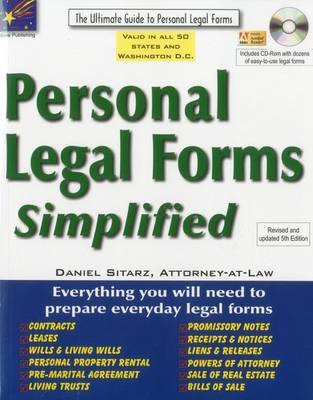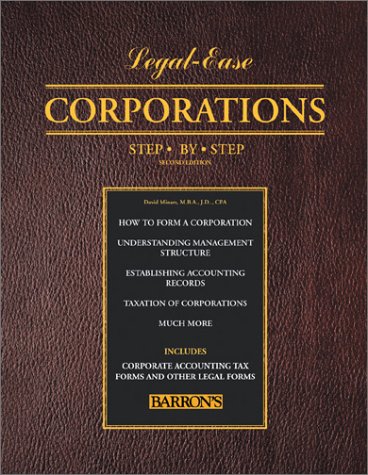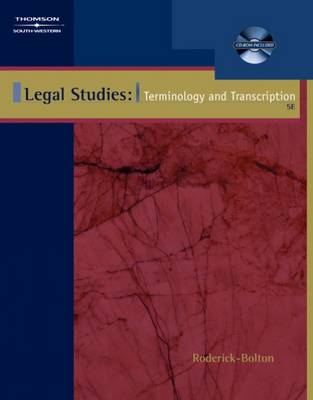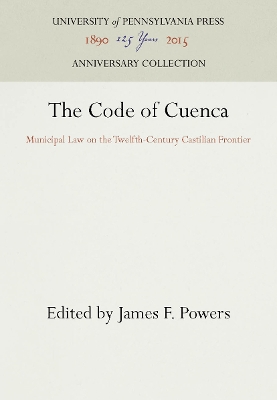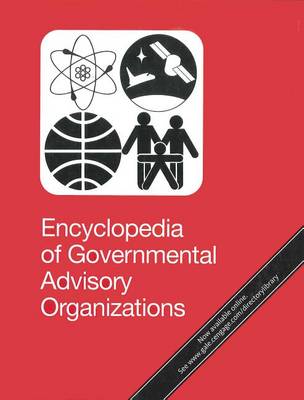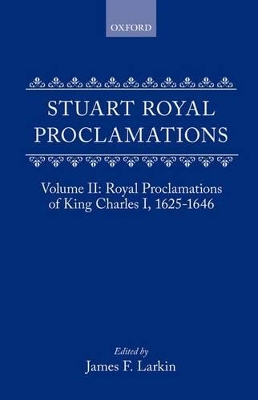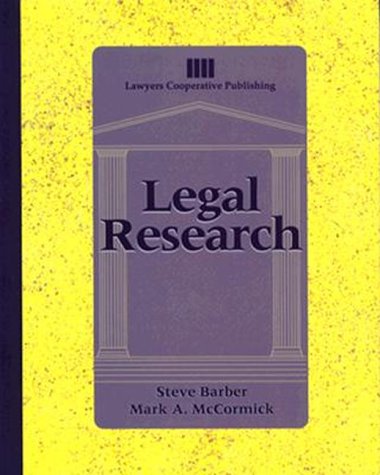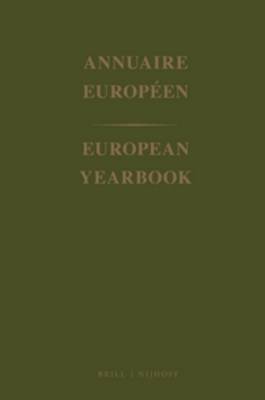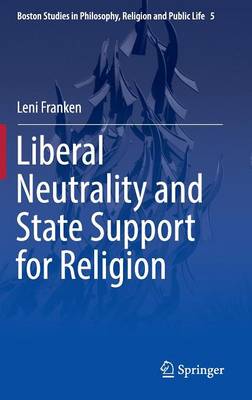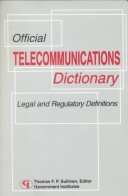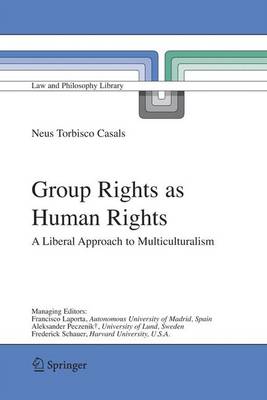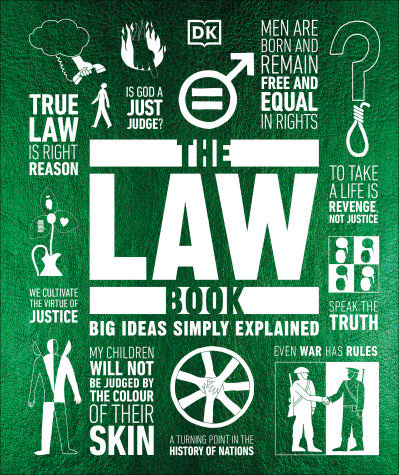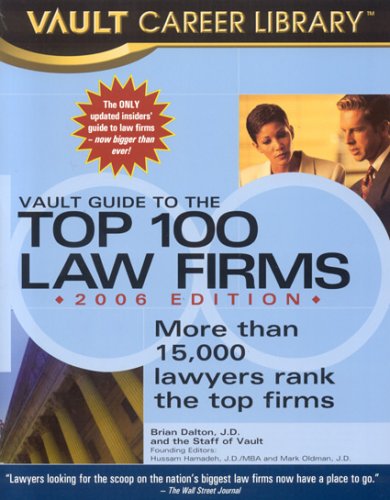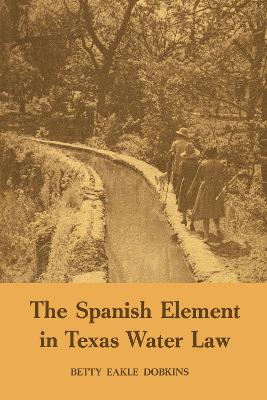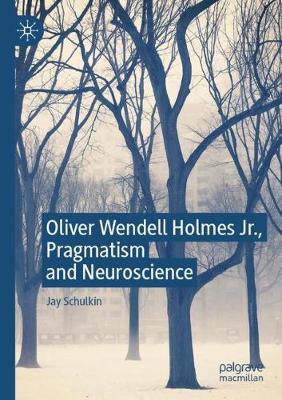Personal Legal Forms Simplified (Personal Legal Forms Simplified)
by Daniel Sitarz
This book is a hands-on manual that guides business owners through the legal and practical details of forming and operating a corporation. Among the most important topics explained in depth are methods of financing a corporation, setting up management structure, recognizing the rights and privileges of shareholders, paying dividends, carrying out stock splits and repurchases, keeping accounting records, and filing corporate taxes. Appendixes include blank forms that can be photocopied and used f...
Legal Studies: Terminology & Transcription
by Wanda Roderick-Bolton
This text provides a basic understanding of legal vocabulary for administrative personnel in a legal office. Over 900 terms commonly used in the legal profession are included. Users will learn to define the terms and use them in a legal context. Keyboarding practice from printed copy will reinforce learning the correct spelling and proper use of each term.
Sometime around 1190, King Alfonso VIII of Castile granted a royal charter to the community of Cuenca, a Castilian frontier town recently recaptured from the Muslims and resettled by Christians. The royal charter was in the form of a law code, or fuero. Fueros, which evolved from short lists of exceptions to standing royal directives into much more extensive commentaries on legal matters, were used as an incentive to Christian settlement on the frontier. Reflecting the complexities of administer...
Encyclopedia of Governmental Advisory Organizations (Encyclopedia of Governmental Advisory Organizations)
Defining a British State explores the formation of the British state and national identity from 1603 through 1820 by examining the definitions of sovereignty and allegiance presented in treason trials. The king's person remained central to national identity and the state until republican challenges forced prosecutors in treason trials to innovate and redefine sovereign authority. Although jurors resisted the change, by the 1790s parliament and prosecutors accepted that treason law protected all...
How to Register Your Simple Trademark Without a Lawyer: Everything You Need to Know Explained Easily (with Companion CD-ROM)
Volume II: Royal Proclamations of King Charles I, 1625-1646 (Stuart Royal Proclamations)
Designed as an introduction to legal research, this text is written as a hands on guide with ample illustrations and step-by-step explanations as to the set-up and use of all major legal source materials. The focus is on the legal research process, not just components or sources of law. It is also designed for the adjunct instructor with all materials required to teach the class: teaching guidelines, homework assignments with answers, transparency masters, and test questions with answers. ALSO A...
European Yearbook / Annuaire Europeen, Volume 46 (1998) (European Yearbook / Annuaire Europeen, #46)
This book focuses on the financing of religions, examining some European church-state models, using a philosophical methodology. The work defends autonomy-based liberalism and elaborates how this liberalism can meet the requirements of liberal neutrality. The chapters also explore religious education and the financing of institutionalized religion. This volume collates the work of top scholars in the field. Starting from the idea that autonomy-based liberalism is an adequate framework for the re...
Containing official U.S. Government definitions for more than 1,000 terms, abbreviations, and acronyms, compiled directly from the Telecommunications Act of 1996 and the Code of Federal Regulations, this book includes citation of the source document for each definition so you can quickly research its background, as well as a comprehensive listing of acronyms to speed your understanding of this complex business area! Because their sources are actual telecommunications legislation or regulations,...
Group Rights as Human Rights (Law and Philosophy Library, #75)
by Neus Torbisco Casals
Liberal theories have long insisted that cultural diversity in democratic societies can be accommodated through classical liberal tools, in particular through individual rights, and they have often rejected the claims of cultural minorities for group rights as illiberal. Group Rights as Human Rights argues that such a rejection is misguided. Based on a thorough analysis of the concept of group rights, it proposes to overcome the dominant dichotomy between "individual" human rights and "collectiv...
Why do we need laws? What rights are protected by law? When was forensic evidence first used in court? This book explores big questions like these, explaining the laws and legal precedents, and religious, political, and moral codes that have shaped the world we live in. Written in plain English, The Law Book cuts through the legal jargon and is packed with pithy explanations of the most important milestones in legal history, with step-by-step diagrams and witty illustrations that untangle knott...
The Spanish element in Texas water law is a matter of utmost importance to many landholders whose livelihood is dependent on securing water for irrigation and to many communities particularly concerned about water supply. Titles to some 280,000 acres of Texas land originated in grants made by the Crown of Spain or by the Republic of Mexico. For these lands, the prevailing law, even today, is the HispanicAmerican civil law. Thus the question of determining just what water rights were granted by t...
Oliver Wendell Holmes Jr., Pragmatism and Neuroscience
by Jay Schulkin
This book explores the cultures of philosophy and the law as they interact with neuroscience and biology, through the perspective of American jurist Oliver Wendell Holmes' Jr., and the pragmatist tradition of John Dewey. Schulkin proposes that human problem solving and the law are tied to a naturalistic, realistic and an anthropological understanding of the human condition. The situated character of legal reasoning, given its complexity, like reasoning in neuroscience, can be notoriously falli...

